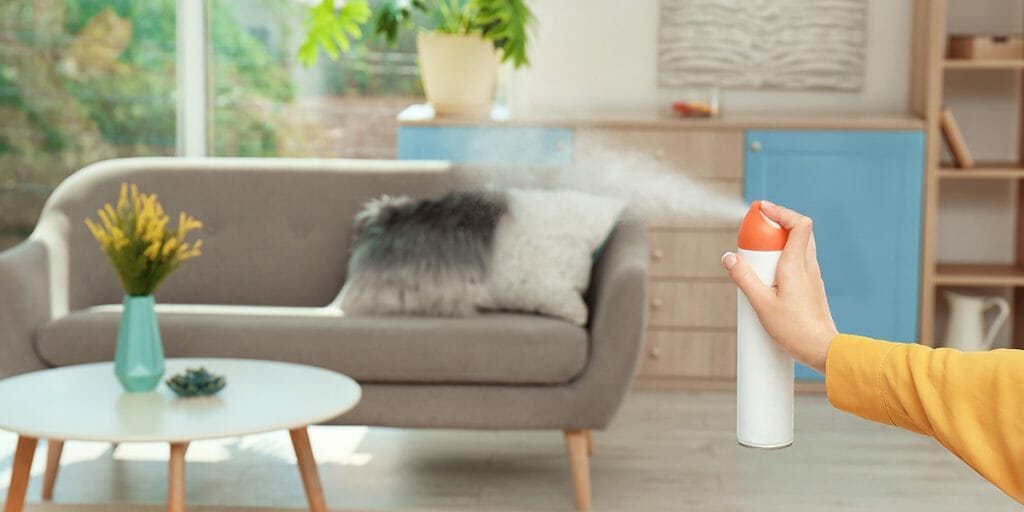 Have you noticed that environmental airborne pollutants inside your home may be more problematic than those you meet outside? Research continues to uncover increasingly unpleasant links between those outside and inside.
Have you noticed that environmental airborne pollutants inside your home may be more problematic than those you meet outside? Research continues to uncover increasingly unpleasant links between those outside and inside.
Inhaling airborne particles of various sizes on a frequent basis, means their influence on your health becomes more significant, and whilst these risks are becoming better understood, there remain many unknowns, as well as some evolving knowns.
It’s pretty clear that avoiding contact with pollutants is almost impossible, and of course many feel that being inside is safer than outside. Yet more and more papers suggest that this is not the case due to exposure to pollutants such as volatile organic compounds from paint, cleaning products and aerosols, bleach, limonene, e-cigarettes, candles, unless made from beeswax, air fresheners, wood burning fireplaces and your cooker (when using it).
Air pollution is a mixture of solid particles and gases in the air. Some air pollutants are clearly toxic. Inhaling these toxic pollutants can increase the chance of health problems, and if you live in or are visiting London and want to see what the current pollution concentrations are, then visit this map, it’s updated hourly.
Kings College researchers, also in London, have published striking data sets in their paper on the impact of small particulate pollutants on the health of people in certain cities in the UK. They published their findings on the combined impact of PM2.5, which is mainly derived from domestic wood and coal burning and industrial combustion and nitrogen dioxide, primarily from older polluting vehicles, on people in Bristol.
 Scientists calculated that fine particulates and nitrogen dioxide that pollute Bristol’s air cause about 260 people to die each year. These pollutants alone they say could cause up to 36,000 deaths across the UK each year, and contribute to several health conditions including asthma, lung cancer, heart disease, stroke and diabetes.
Scientists calculated that fine particulates and nitrogen dioxide that pollute Bristol’s air cause about 260 people to die each year. These pollutants alone they say could cause up to 36,000 deaths across the UK each year, and contribute to several health conditions including asthma, lung cancer, heart disease, stroke and diabetes.
Bristol is one of several areas in the UK with illegal levels of air pollution. The most recent government data submitted to the EU revealed that 83% of reporting zones in the UK had illegal levels. Which means that despite your best intentions, you will be exposed to chemicals both inside and outside your homes, and some of these effects may include adverse impacts on the gut microbiome!
Patterns in cases of IBD, an inflammatory condition of the gut caused by the genes a person has inherited, plus an abnormal reaction of the immune system to certain bacteria in the intestines, is probably triggered by something in the environment. This has led researchers to find out if air pollution is one of these environmental triggers, including data showing that they are more common in urban than rural areas, and that more developed nations have higher rates of IBD. One analysis found that the highest rates were in Europe and North America, while the number of cases in newly industrialised countries in Africa, Asia, and South America have been steadily rising.
IBD is complex and multi-causal, and a number of environmental factors that can influence development, includes exposure to antibiotics in infancy, breastfeeding, exposure to cigarette smoke, nutrient deficiencies and stress. Each one, could “chip away” at our gastrointestinal health until eventually something collapses.
As practitioners managing people with a range of complex, often intersecting health complications, it can be all too easy to exclude the question from the discussion, what is the air pollution like in your home and your work? Going forward, government policy will need to reflect the increasing risks related to poor air management. Lets get ahead of the curve and ensure it sits in our clinical matrix.
